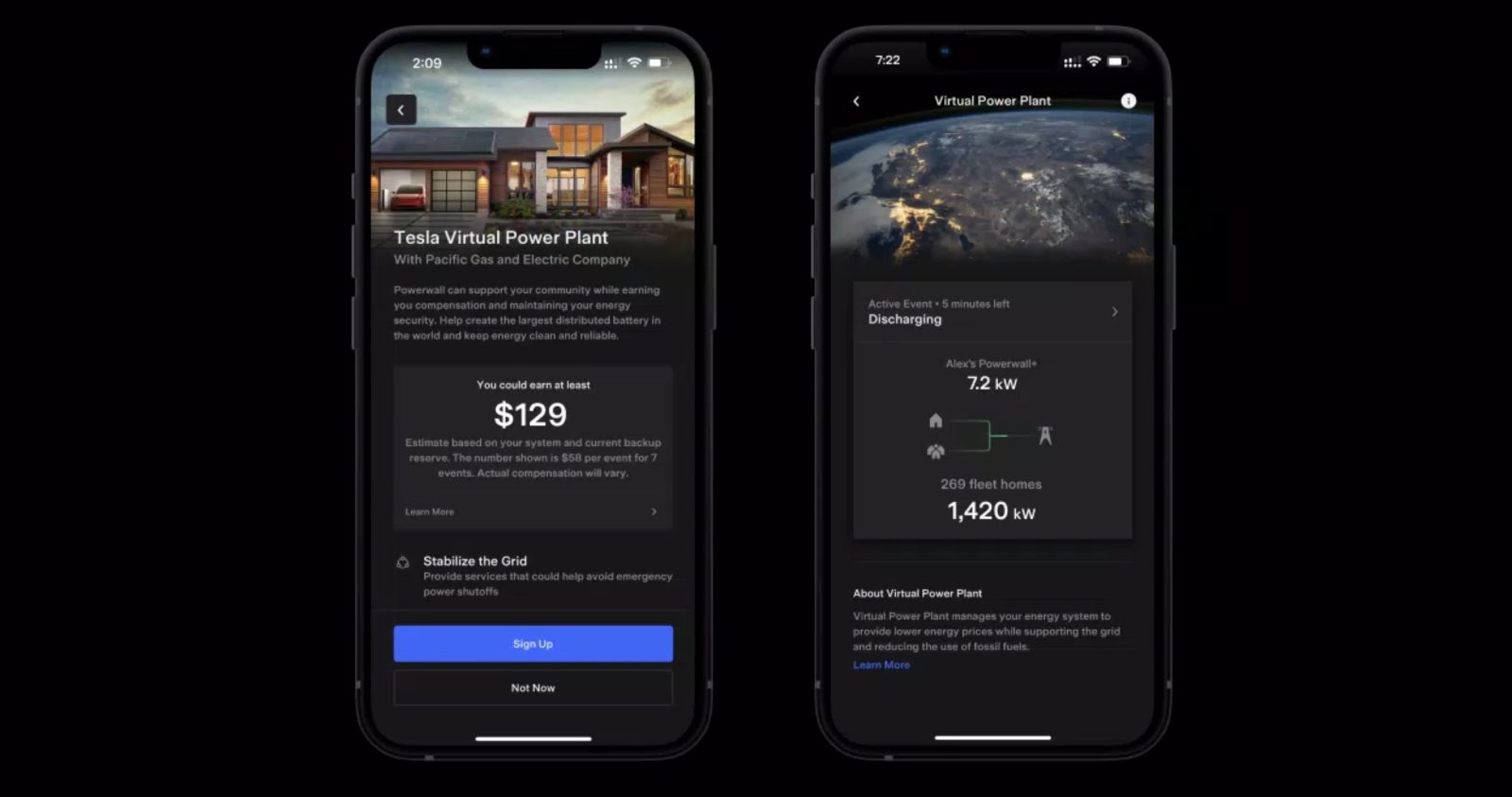
Tesla and EnergyHub have announced a new partnership to build “the largest virtual power plant in [the] Northeast.”
Virtual power plants are becoming one of Tesla’s most underappreciated products.
Tesla is using its existing and growing fleet of Powerwalls to aggregate their power capacity and offer electric grid services to utilities while compensating homeowners for using their home battery packs.
The company’s California virtual power plant has already proved successful in its first year. Tesla also has a very large one in Australia, and it recently announced plans for Texas and Puerto Rico.
Now Tesla is partnering with EnergyHub, a provider of distributed energy management systems (DERMS), to build a new virtual power plant in the Northeast:
Tesla, Inc. and EnergyHub, the industry’s most experienced provider of distributed energy management systems (DERMS), have collaborated to enable ConnectedSolutions program enrollment via the Tesla app. The new in-app experience makes joining utility programs frictionless for electricity customers in Massachusetts, Connecticut, and Rhode Island who enroll in ConnectedSolutions, EnergyHub’s largest bring-your-own-battery demand response program. The program links batteries to create a virtual power plant (VPP) that can be used to curb peak demand for electricity and to provide additional grid services.
In short, Tesla Powerwall owners will be able to join EnergyHub’s ConnectedSolutions VPP program directly from Tesla’s app if they meet some eligibility criteria.
Energy Hub shared the following criteria with Electrek:
Tesla Powerwall owners with or without solar are eligible to participate in ConnectedSolutions if they:
- Receive electric services from:
- National Grid’s Massachusetts territories
- Rhode Island Energy’s Rhode Island territories
- Eversource’s Massachusetts and Connecticut territories
- Cape Light Compact’s Massachusetts territory
- Have a residential service account
From June to September, those electric utilities will be able to draw power from the Powerwalls when the grid is under stress at peak power and get compensated for it.
Speaking of compensation, EnergyHub says that Powerwall owners can expect to make up to $1,500 per year per kW of power that the utilities end up drawing from your home battery pack:
Tesla Powerwall owners who participate in the ConnectedSolutions program can earn for every kilowatt of benefit they provide to the grid—up to $1,500 per year depending on the size of the battery and the state where they live. Using the new in-app experience, customers can easily enroll in the program and see the entire event including how much energy they are providing, and understand how that results in earnings from their utility.
Tesla has now deployed over 500,000 Powerwalls around the world; therefore, there are plenty of opportunities to bundle those together to create virtual power plants, help the grid, and make home batteries more financially viable for homeowners.
Now is a great time to begin your solar journey so your system is installed in time for those sunny days. If you want to make sure you’re finding a trusted, reliable solar installer near you that offers competitive pricing, check out EnergySage. EnergySage is a free service that makes it easy for you to go solar. They have hundreds of pre-vetted solar installers competing for your business, including Tesla Solar in some regions, ensuring you get high-quality solutions and save 20 to 30% compared to going it alone. Plus, it’s free to use and you won’t get sales calls until you select an installer and you share your phone number with them.
FTC: We use income earning auto affiliate links. More.